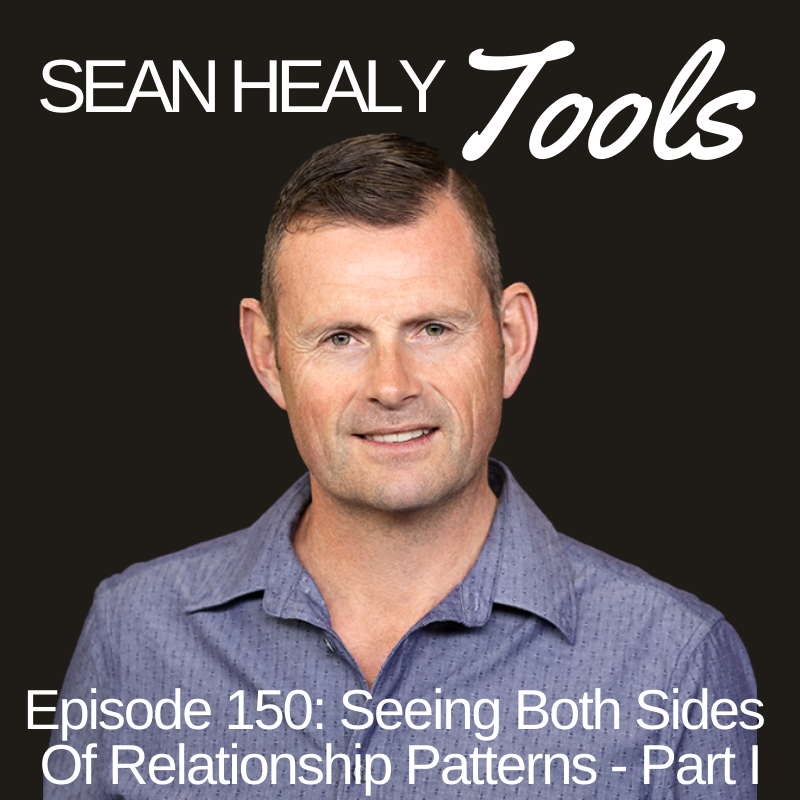How presence & awareness creates healthy relationships
There are a number of factors that would appear to boost the chances of having a relationship that continues to be healthy and successful over time. One such element is the degree to which you continue to be aware of your partner's emotional experience. The longer we stay together the more likely that we will both change, grow and develop whether we intend to or not. The person you started in relationship with may not be exactly who you experience today.
It is vital that we continue to invest interest and time into our partner. The more awareness and presence we can bring means we can avoid stumbling into relational blowups and being baffled as to "how did we get here?"
Emotional attunement also allows us to put the brakes on when the challenging discussion is escalating into real damage to the relationship territory. It allows us to see when our partner is beginning their repair attempts and wanting to move back into relational harmony. It allows us to continue to be present for the moments of true love and intimacy.











